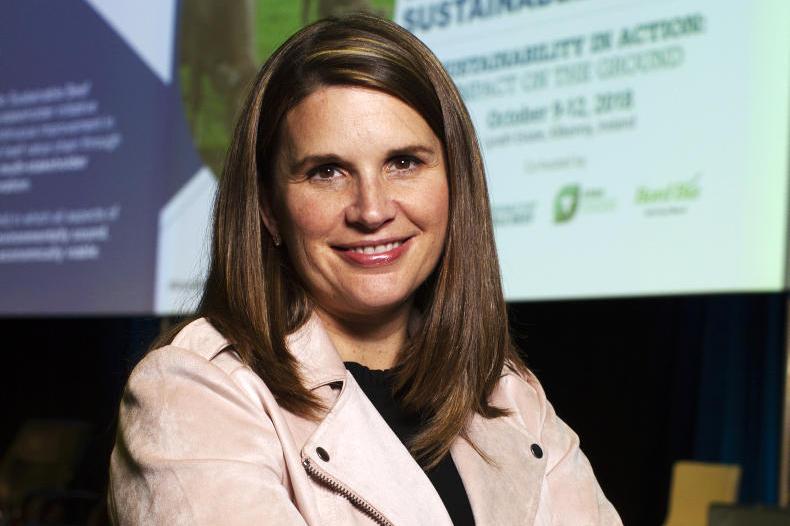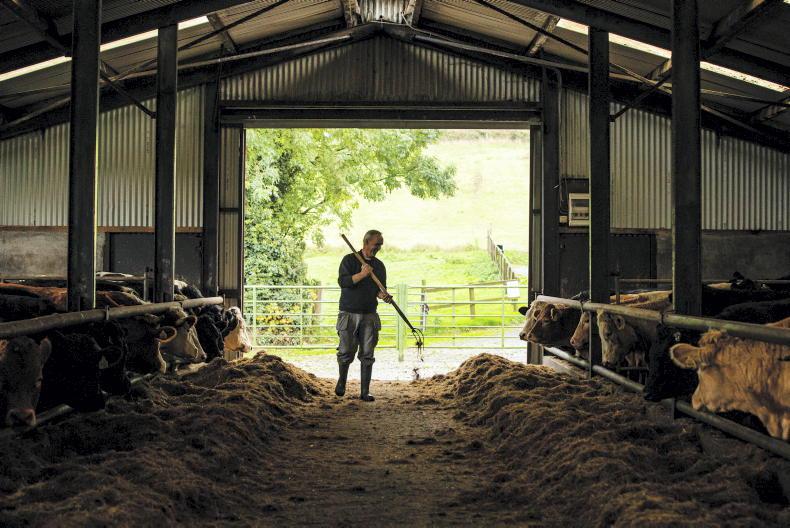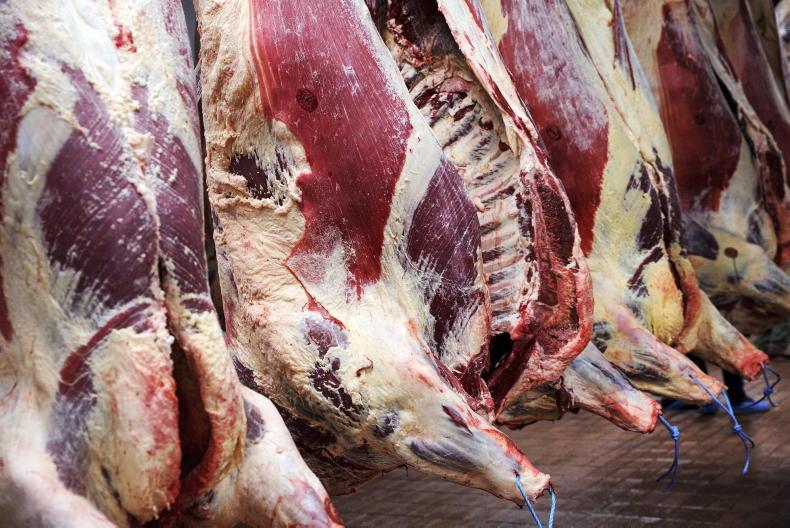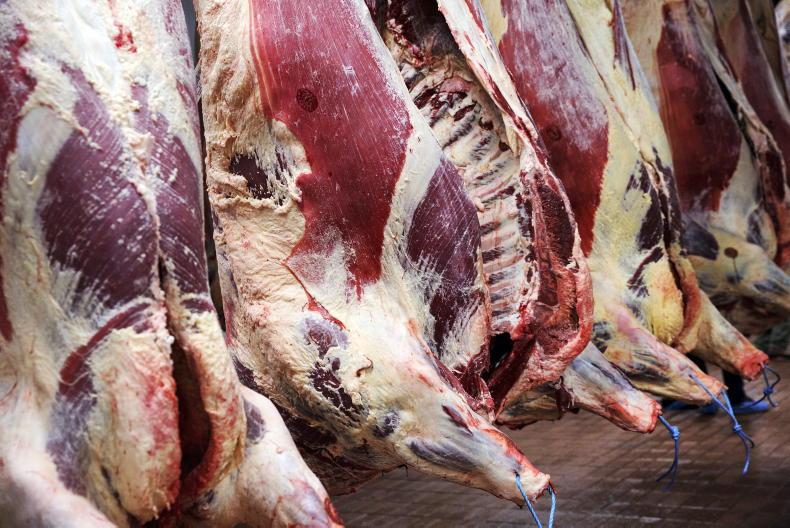Nicole Johnson-Hoffman (NJH) is a senior vice-president of the McDonald’s global business unit and president of the Global Roundtable for Sustainable Beef. She comes from Colorado in the US and previously worked for Cargill, a major global meat processor, for 19 years. She also managed a factory that processed 4,500 cattle per day over two shifts, employing 2,100 people.
PON: What is the global round table?
NJH: It is a coming together of the beef industry supply chain with its origins in processing but now with farm organisation and end-user members. It had a strong North American base but has grown in South America, Australia, New Zealand and southern Africa. They have a smaller presence in Europe, though Bord Bia participates as an observing and consulting member.
PON: What is your impression of Ireland?
It is a pleasure to be in Ireland and to visit the meat industry. We had a lot of conversations about how Ireland has progressed in its meat industry in the last 20-30 years and the amazing progress made in addressing sustainability, to the point where I see Ireland as one of the global leaders in sustainable beef production. We see this when we talk about the Origin Green project and the leadership provided by Bord Bia for Irish producers – it is the envy of the world. When I travel and talk about how beef producing countries can address sustainability, it is a pleasure to use Ireland as an example of a country that has already done that and I would say leads a lot of its competitors.
PON: Surely Ireland cannot have a competitive advantage because if it works here, then US and Canadian companies, etc, will all embrace that and level the field, leaving no advantage for Irish farmers or processors?
NJH: One of the advantages Ireland has over other parts of the world is the alignment you have among your producers and agricultural community, which comes through Origin Green. You are more aligned than we see in other parts of the world and you have a consistent adoption of metrics here, you have goals you have all agreed to meet and you are working towards meeting. If I am a retailer and I want to buy beef that is helping me meet commitments, I can go to Ireland and buy that beef and it will help me tick those boxes. In the US, we use different tools to compete. We use efficiency and scale and hope that is a compelling story, but we are finding that some brands and retailers need something that is more documented and traceability to demonstrate their improvements.
PON: Yet while those are worthy objectives and it is reassuring, the reality for our farmer readers is that, economically, beef production is becoming less viable. Does beef need to become more of a premium protein product than it already is?
NJH: There will be a market for beef at different price points. There will be consumers that are interested in beef that comes with a story. I come from a part of the world where people aren’t as concerned – the American consumer really does want beef on the table. That for me is not a big concern. What I am concerned about is that we are giving beef producers all around the world all the help we can to help them be competitive, efficient and profitable, and meet the needs of consumers as needs change. That’s what I see as my goal and the Global Roundtable is about making sure the economic benefits to producers aren’t lost in improving sustainability overall.
PON: It is impossible to ignore the latest report on climate change – big offenders are buildings, cars and livestock. Are we heading into a future with a serious reduction in the amount of livestock and beef we consume?
NJH: Protein and meat consumption are something on which reasonable people can differ. Livestock production can also be called food for people. We should talk about reducing the impacts of agriculture, we should talk about reducing negative outcomes from livestock production, but we can’t avoid the fact that we can’t feed people in a cost-free way. People have to eat, people generally want to eat meat in some form. We should have productive conversations about making meat production more sustainable rather than trying to entertain the idea that we could achieve cost-free food production.









SHARING OPTIONS